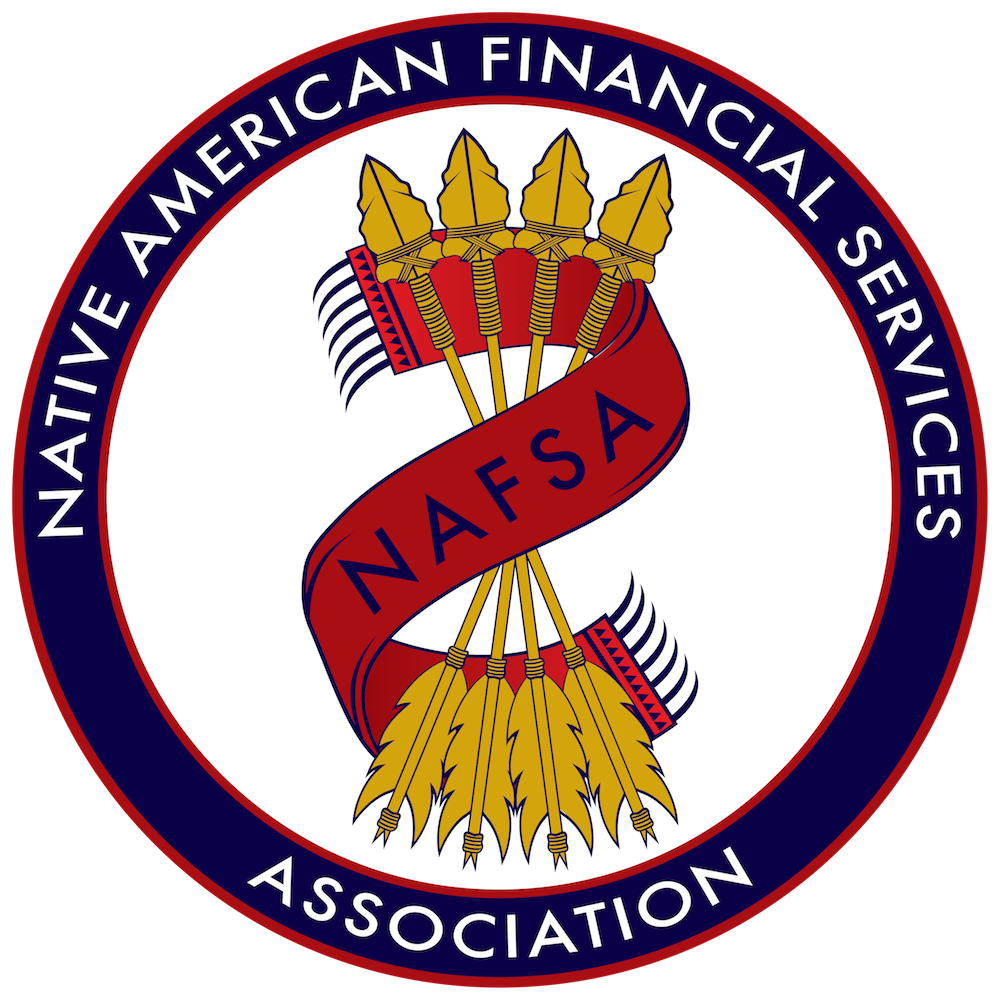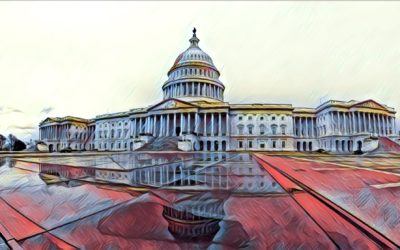The Latest Financial News
Credit Demand Expected to Tighten in 2019
According to a recent survey by the Federal Reserve, banks are expecting a decline in loan demand in conjunction with a deterioration of loan performance over the course of 2019. The survey was conducted over the past three months, generally corresponding to the...
State AGs Push Back on Proposed CFPB “Trial Sandbox”
In a letter to the Consumer Financial Protection Bureau (CFPB), 22 Democratic state attorneys general (AGs) said the CFPB should revise its policy concerning no-action letters and should rethink its regulatory sandbox, which would potentially protect eligible...
Congress Considers Legislation to Shield Tribes from Government Shutdowns
Late last night, the President pledged to sign H.J. Res. 31, a bill that would keep the government funded through the fiscal year. Although tribes will be spared another government shutdown for now, a future one is always possible. To mollify this concern, Congress is...
Why NAFSA?
There are more than 570 federally-recognized tribes in the United States, many of whom are spread across in diverse areas. This has left a need for other tribal economic development opportunities to create sustainability and jobs on Native American reservations.
Tribal Financial Services:
![]() Create jobs & economic development on tribal lands
Create jobs & economic development on tribal lands
![]() Increase the financial independence of tribes
Increase the financial independence of tribes
![]() Deploy sovereignty & bolster tribal self-determination
Deploy sovereignty & bolster tribal self-determination

The Impact of Tribal Financial Services
Coming from a history of staggering unemployment rates, limited opportunities, and lack of access to fundamental resources, Native American tribes began online lending businesses to create real change for the future. Internet commerce has been a vehicle for supporting economic growth, tribal services, and tribal development. These are their stories.
Our Mission
To advocate for tribal sovereignty, promote responsible financial services, and provide better economic opportunity in Indian Country for the benefit of tribal communities.




